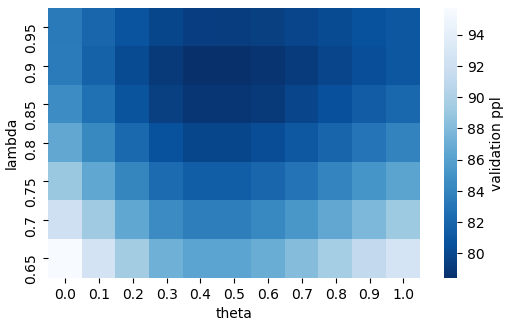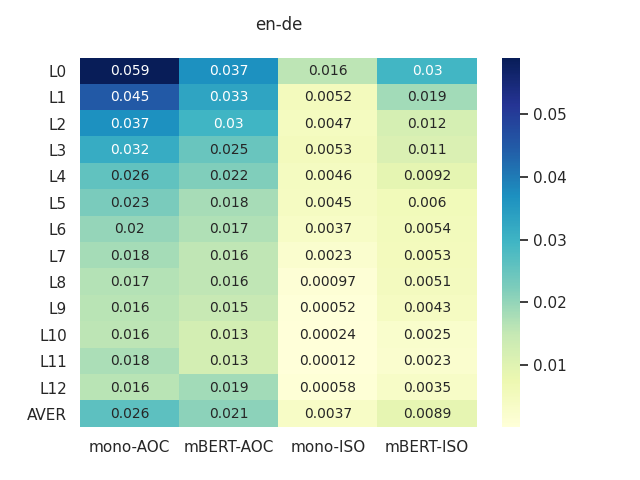Asking without Telling: Exploring Latent Ontologies in Contextual Representations
Julian Michael, Jan A. Botha, Ian Tenney
Interpretability and Analysis of Models for NLP Long Paper

You can open the pre-recorded video in a separate window.
Abstract:
The success of pretrained contextual encoders, such as ELMo and BERT, has brought a great deal of interest in what these models learn: do they, without explicit supervision, learn to encode meaningful notions of linguistic structure? If so, how is this structure encoded? To investigate this, we introduce latent subclass learning (LSL): a modification to classifier-based probing that induces a latent categorization (or ontology) of the probe's inputs. Without access to fine-grained gold labels, LSL extracts emergent structure from input representations in an interpretable and quantifiable form. In experiments, we find strong evidence of familiar categories, such as a notion of personhood in ELMo, as well as novel ontological distinctions, such as a preference for fine-grained semantic roles on core arguments. Our results provide unique new evidence of emergent structure in pretrained encoders, including departures from existing annotations which are inaccessible to earlier methods.
NOTE: Video may display a random order of authors.
Correct author list is at the top of this page.
Connected Papers in EMNLP2020
Similar Papers
Learning from Context or Names? An Empirical Study on Neural Relation Extraction
Hao Peng, Tianyu Gao, Xu Han, Yankai Lin, Peng Li, Zhiyuan Liu, Maosong Sun, Jie Zhou,

Unsupervised Commonsense Question Answering with Self-Talk
Vered Shwartz, Peter West, Ronan Le Bras, Chandra Bhagavatula, Yejin Choi,

Grounded Compositional Outputs for Adaptive Language Modeling
Nikolaos Pappas, Phoebe Mulcaire, Noah A. Smith,

Probing Pretrained Language Models for Lexical Semantics
Ivan Vulić, Edoardo Maria Ponti, Robert Litschko, Goran Glavaš, Anna Korhonen,
